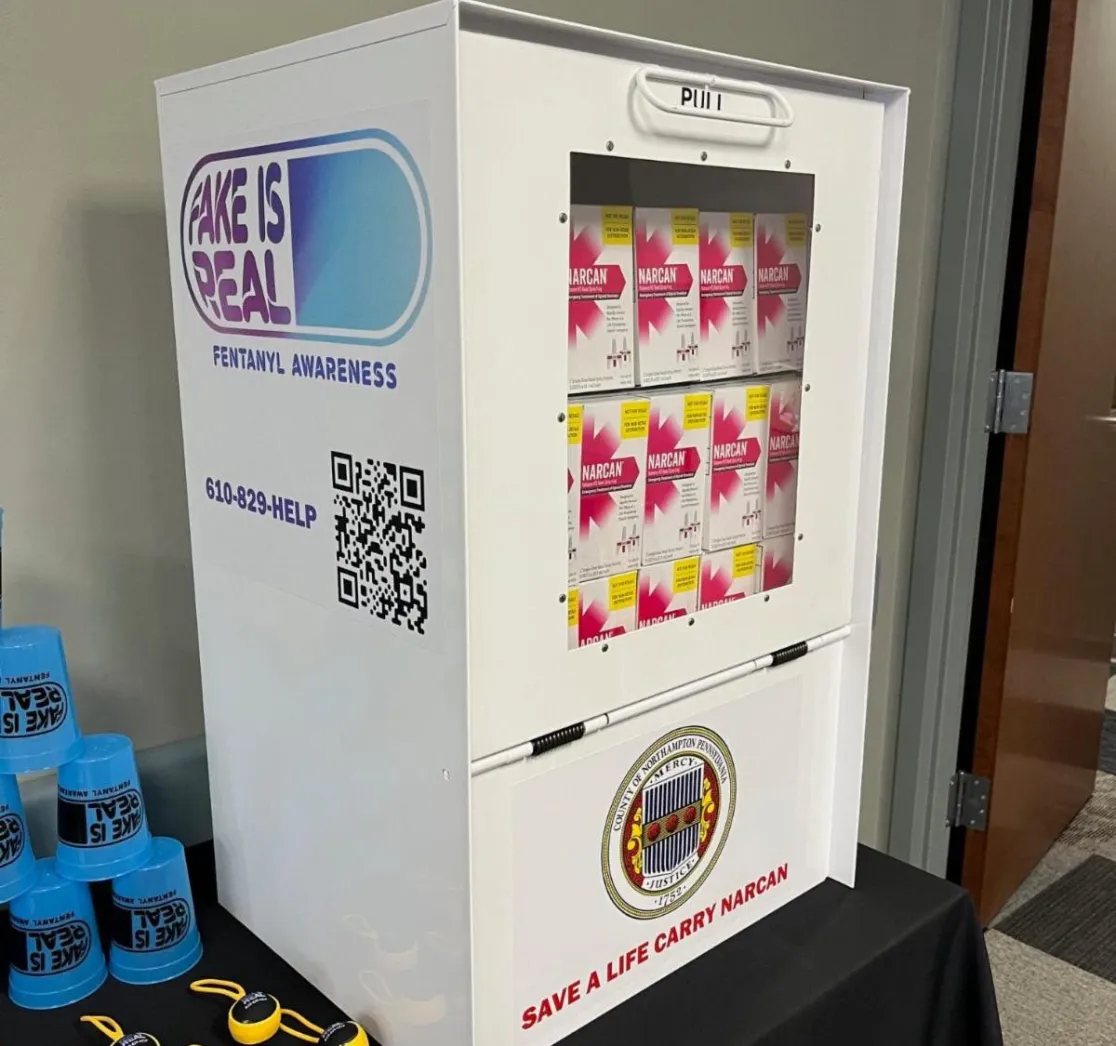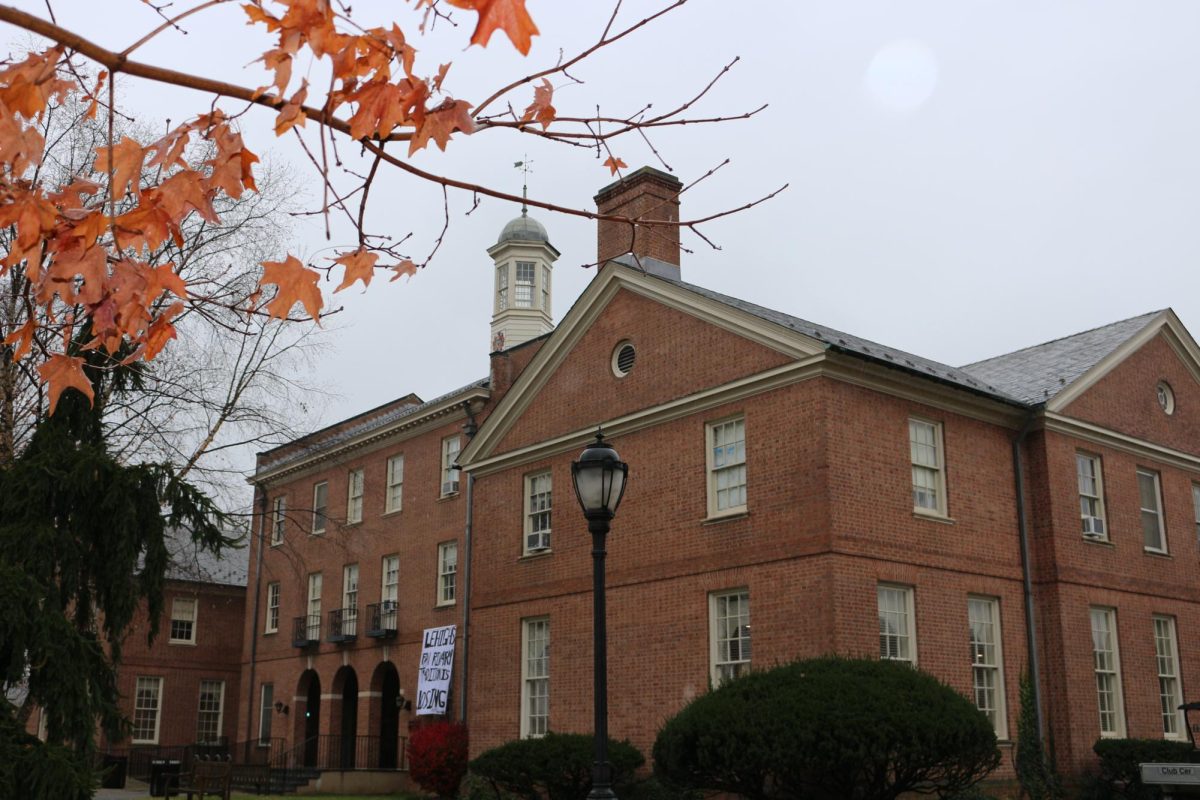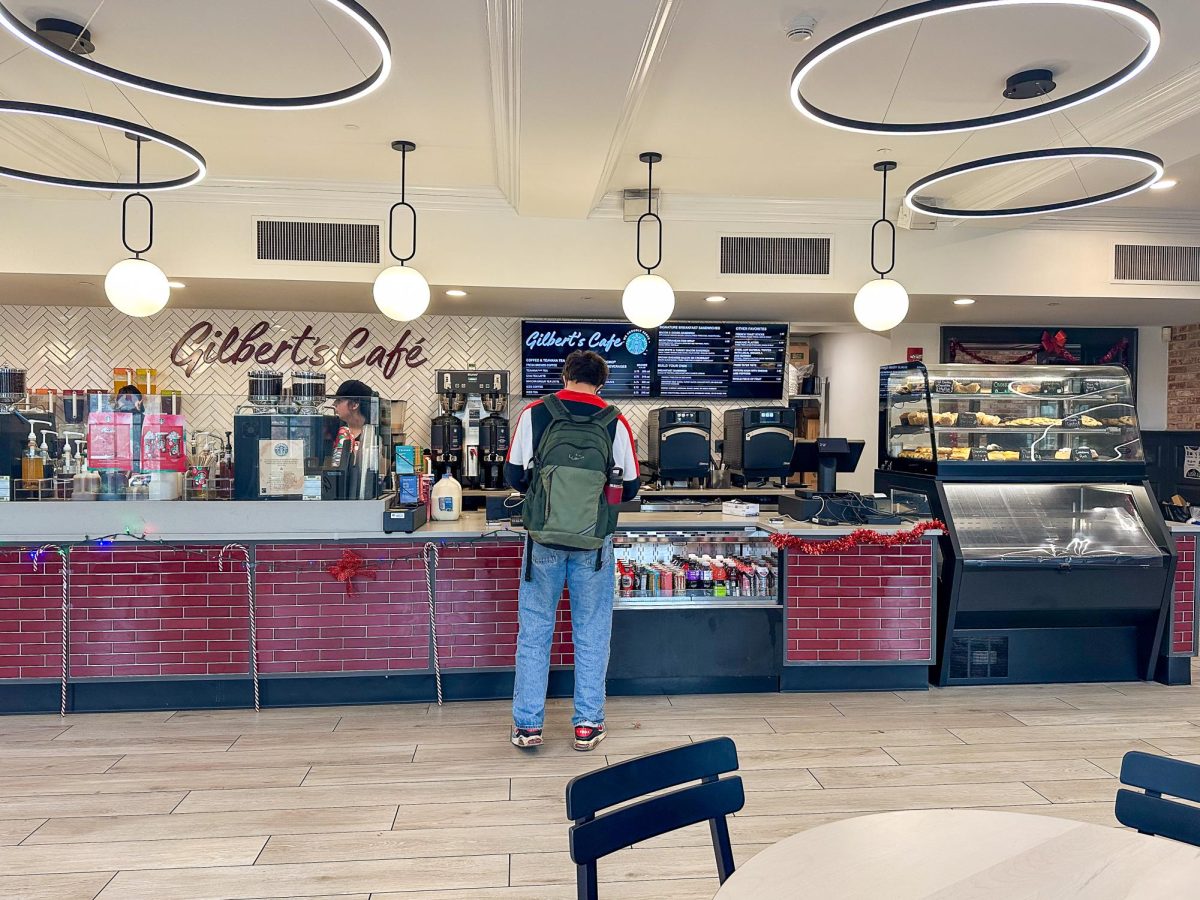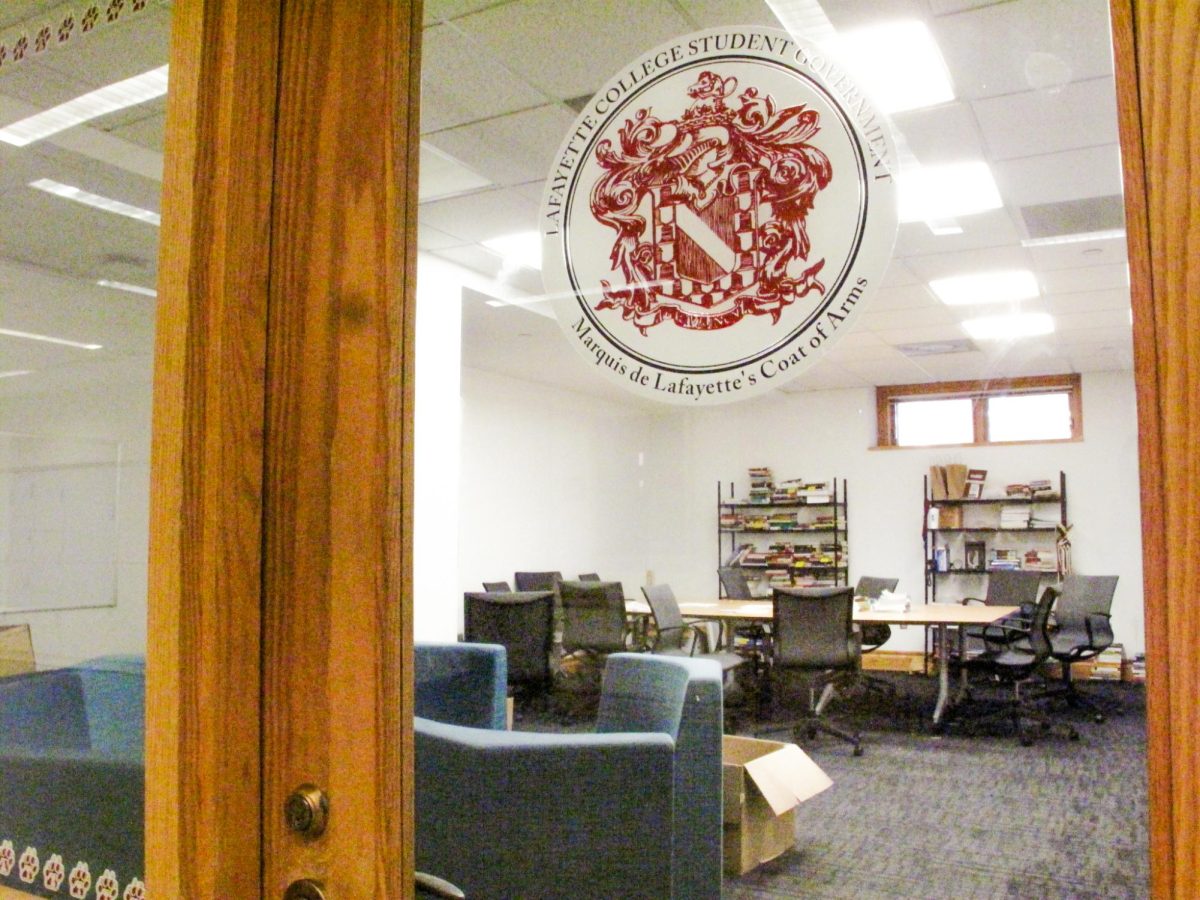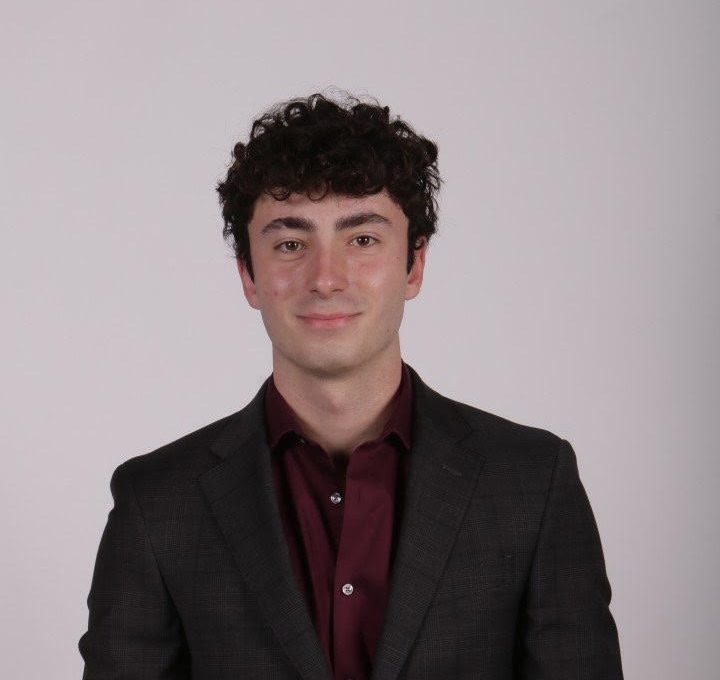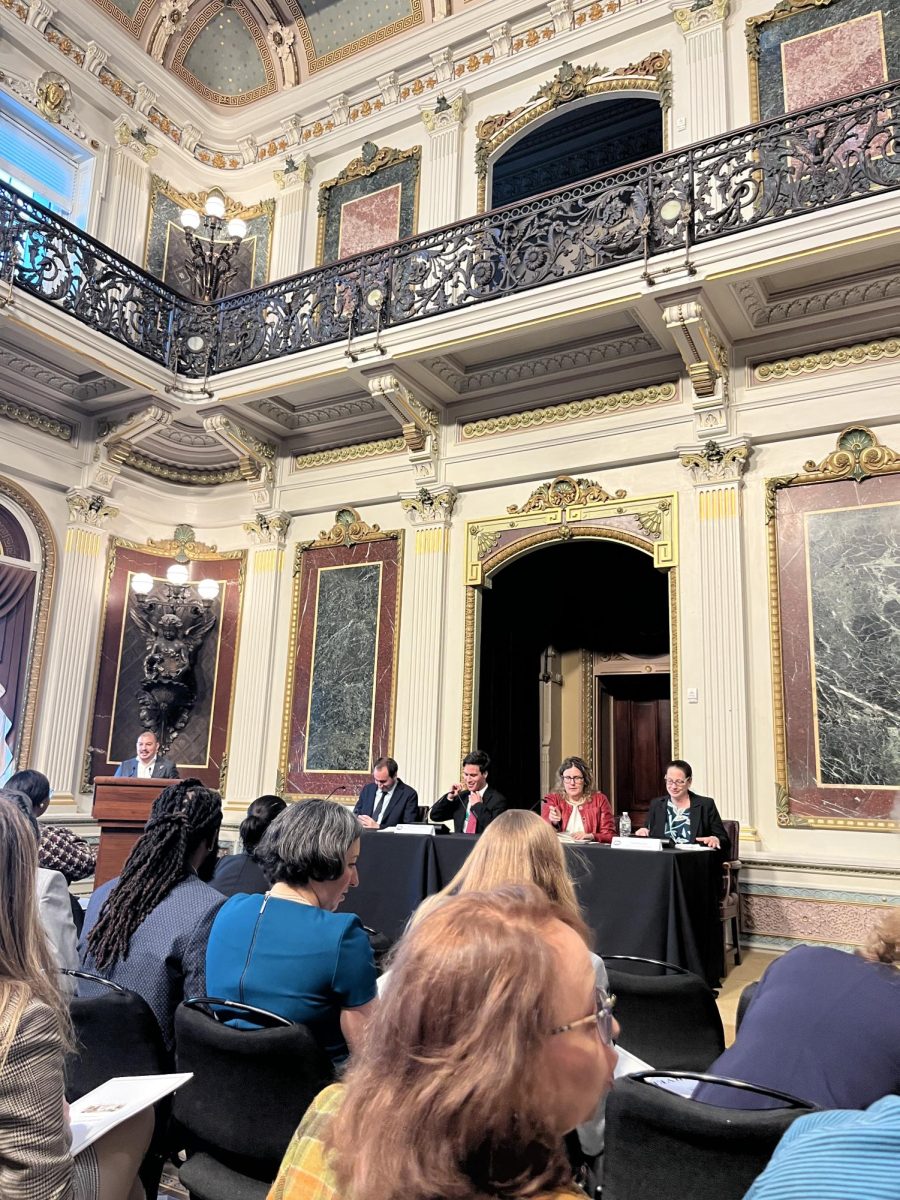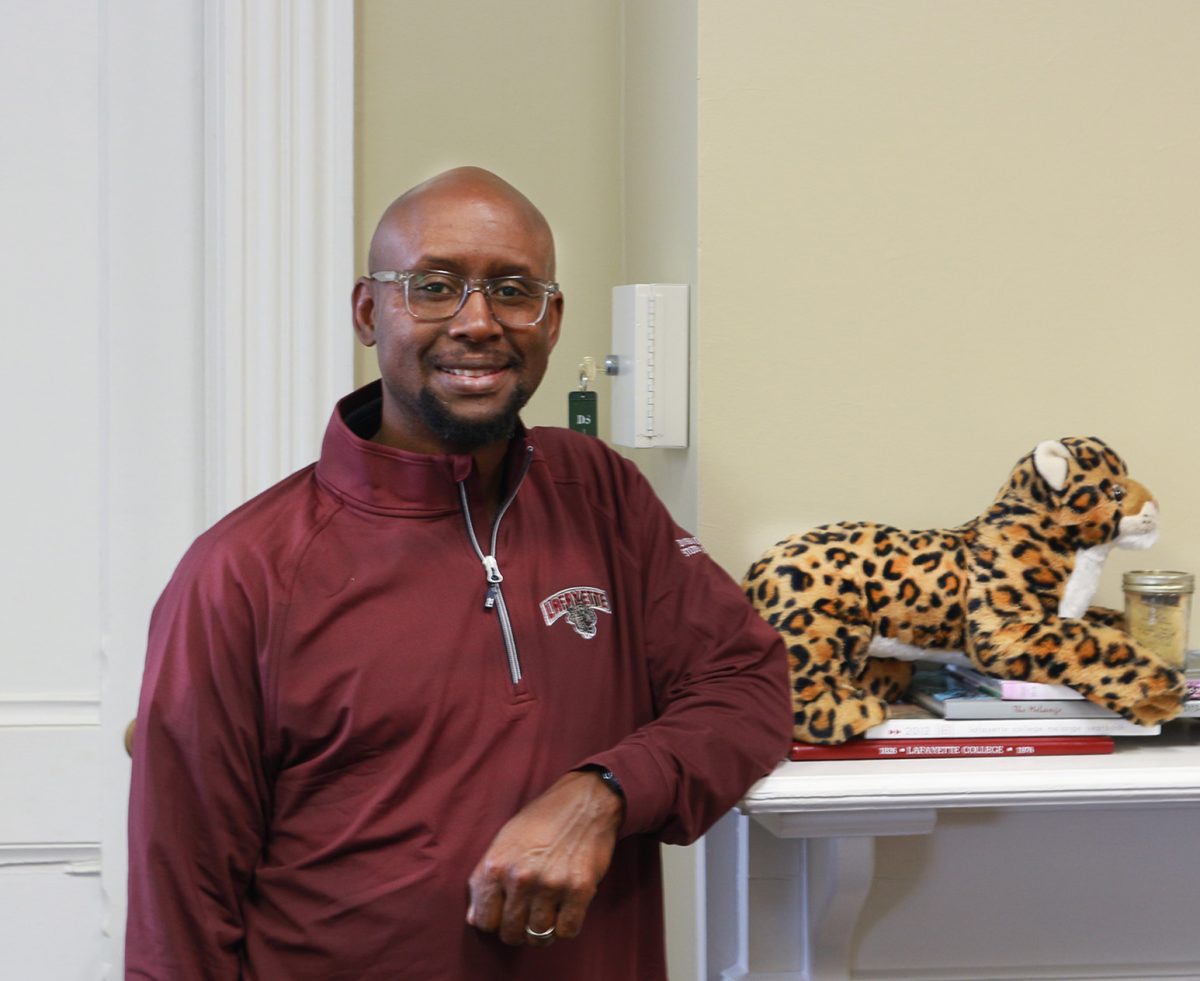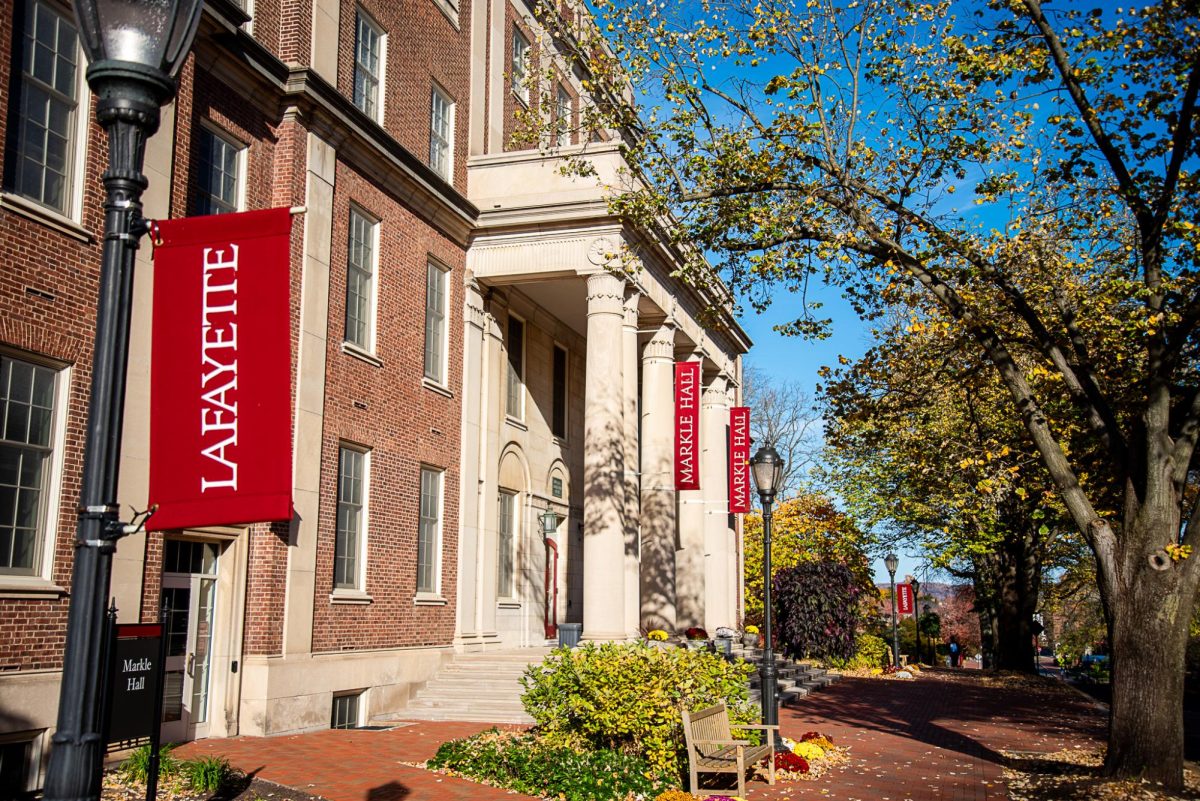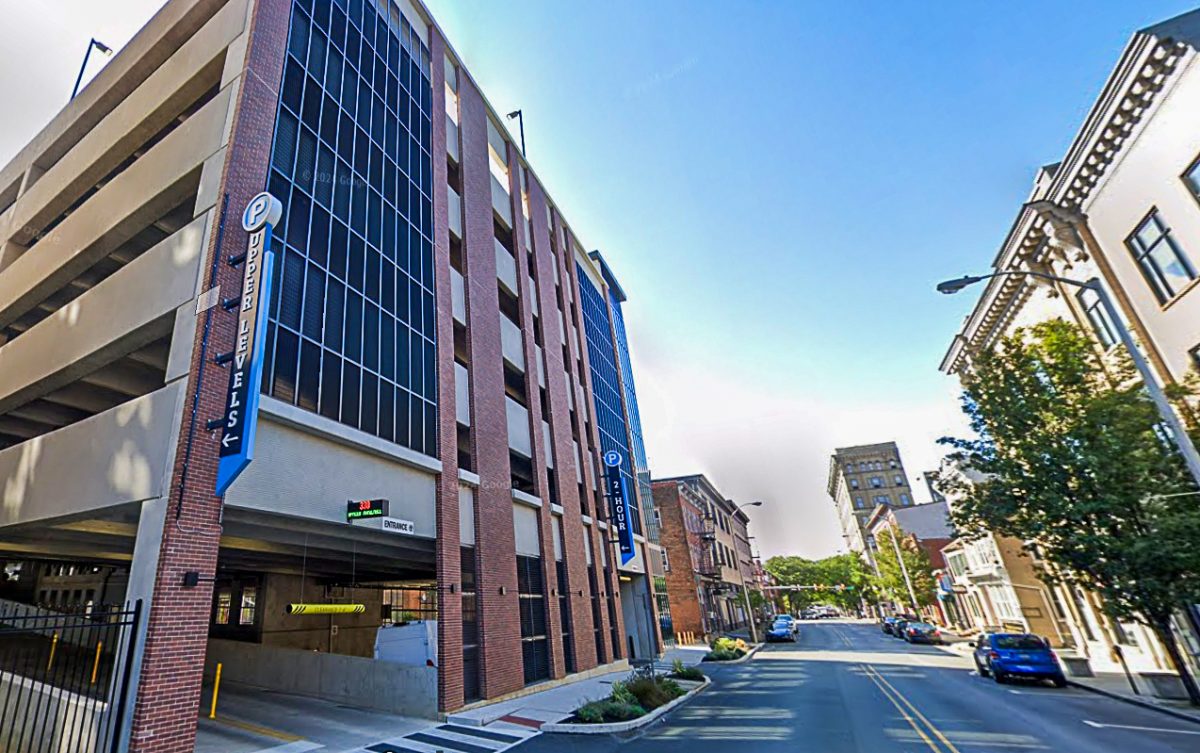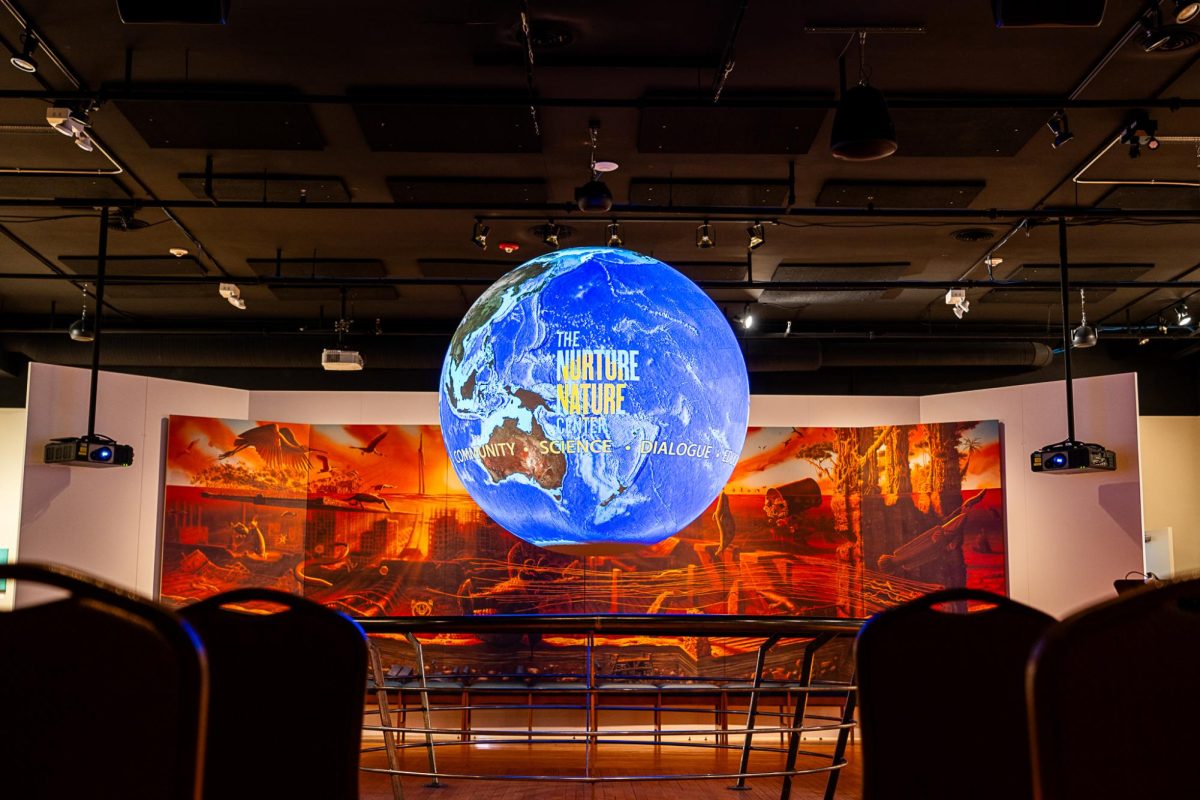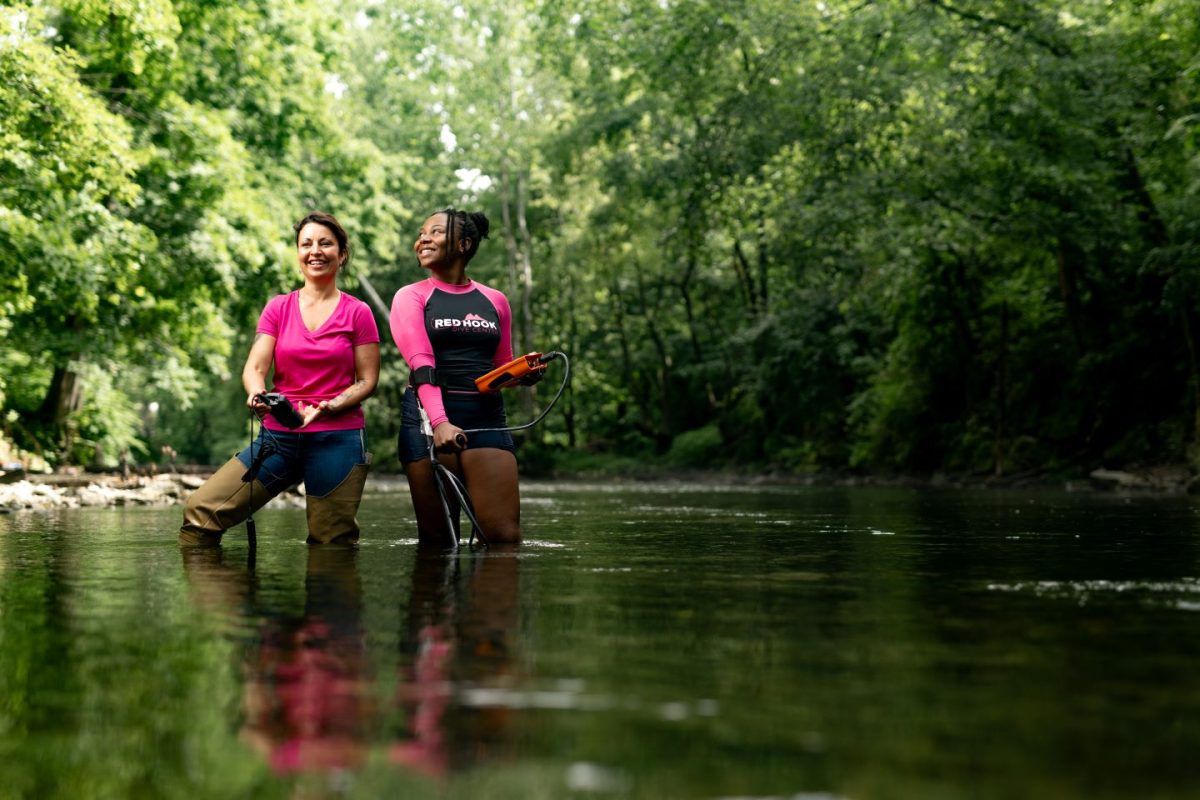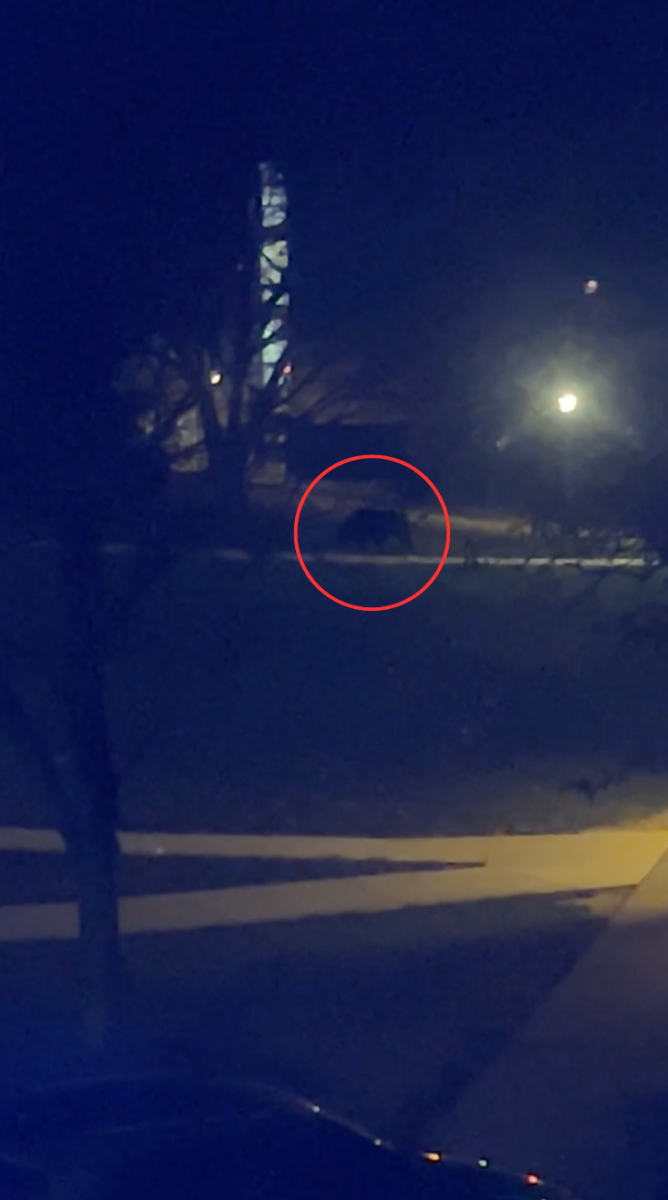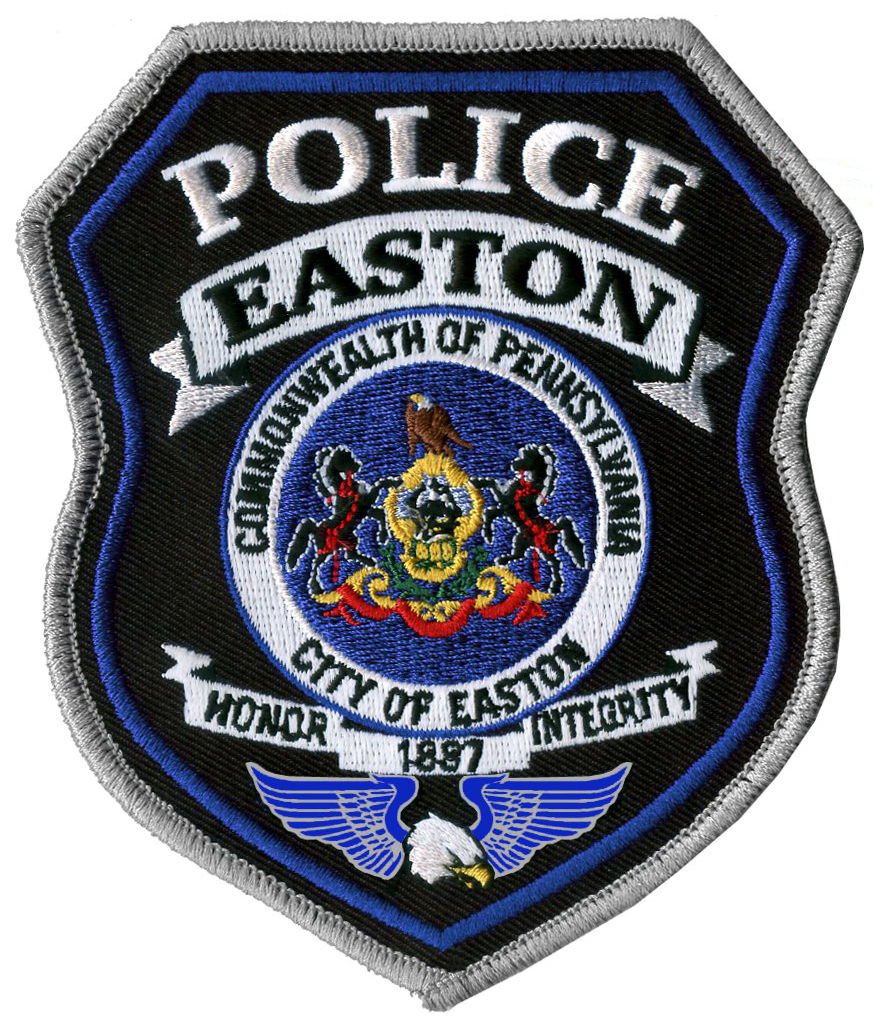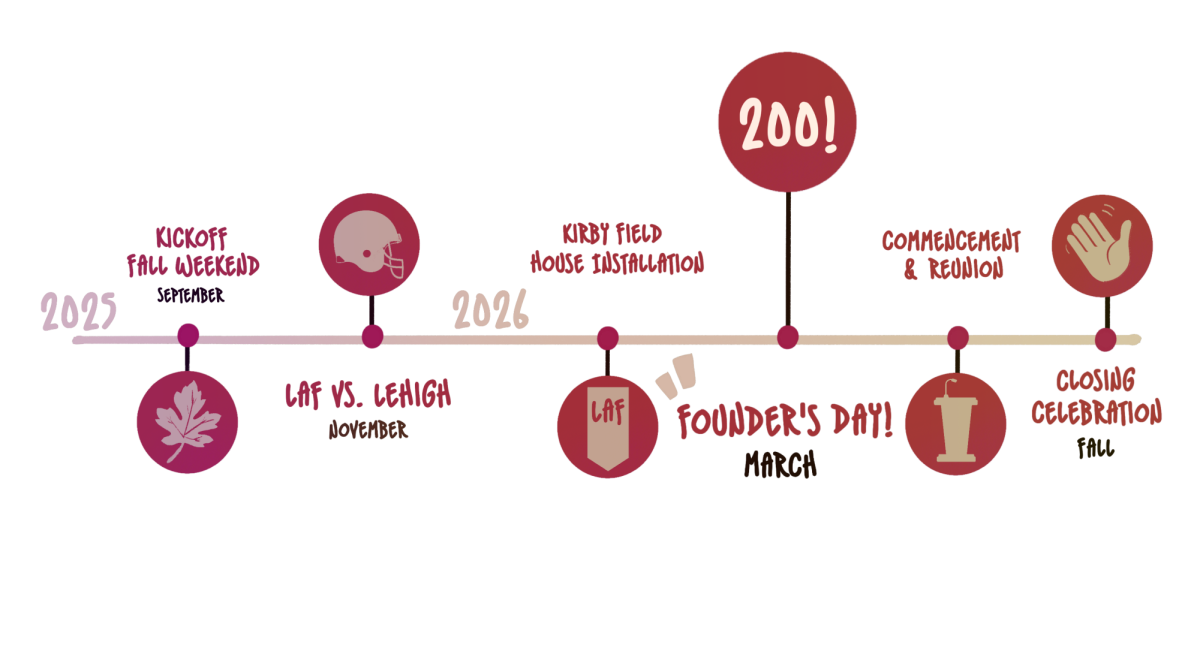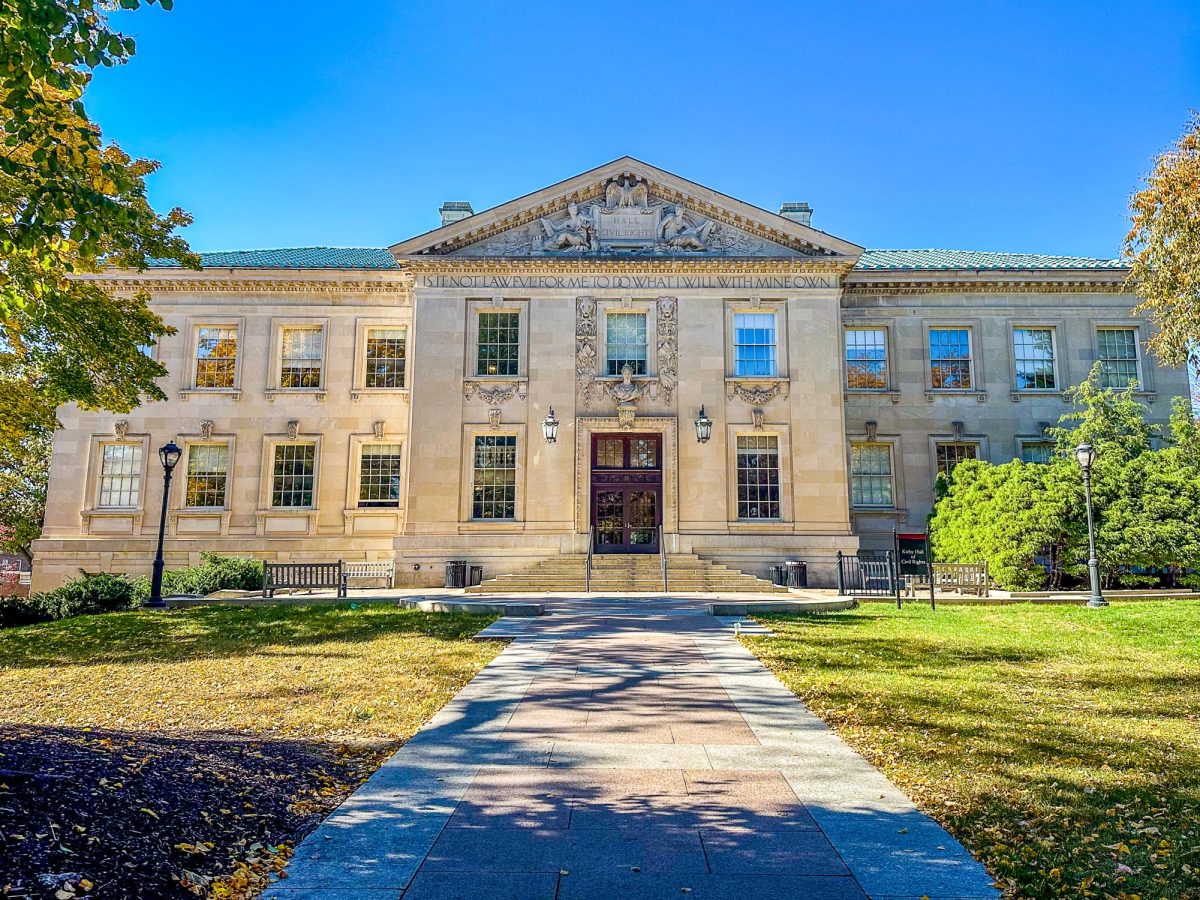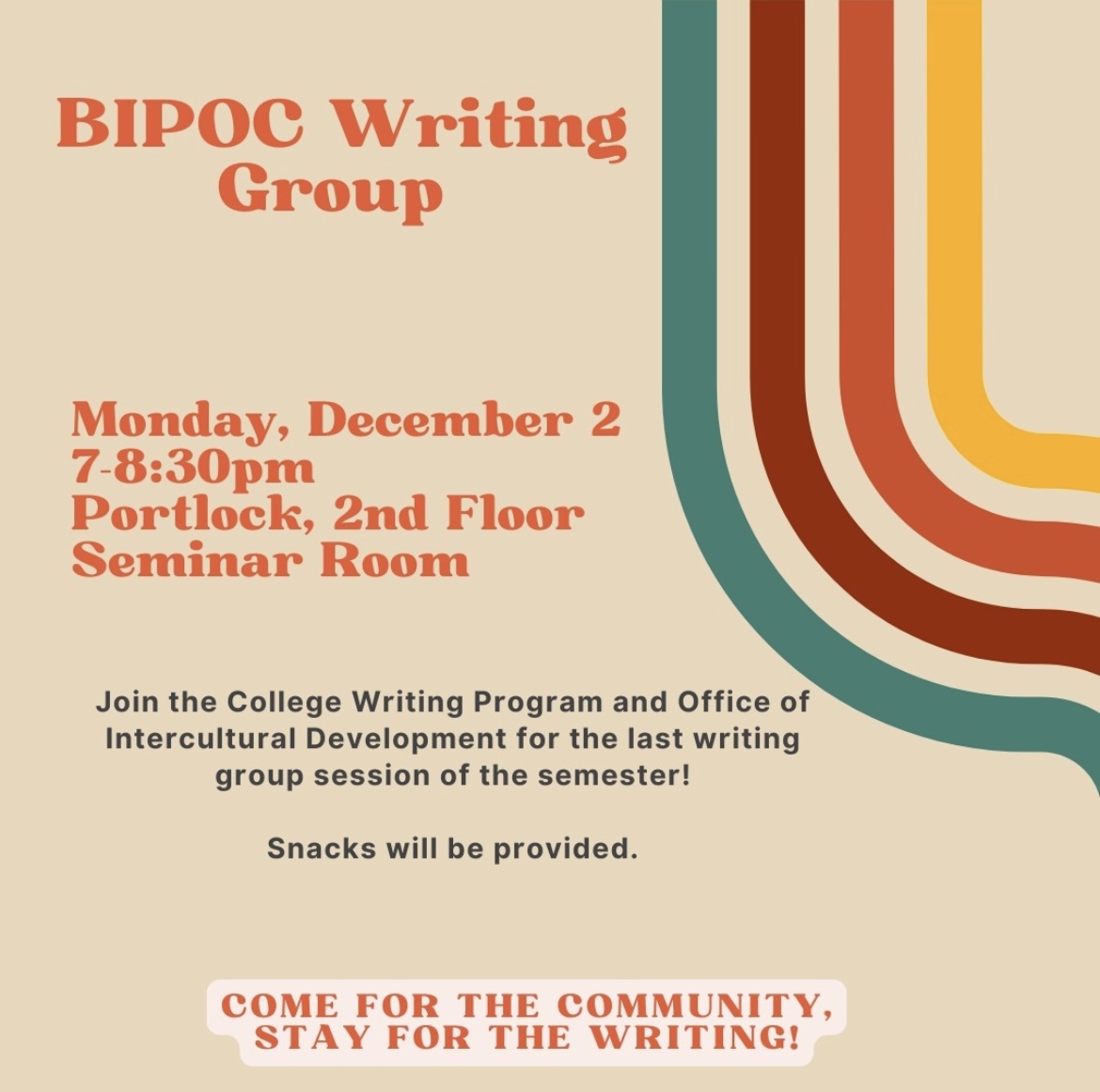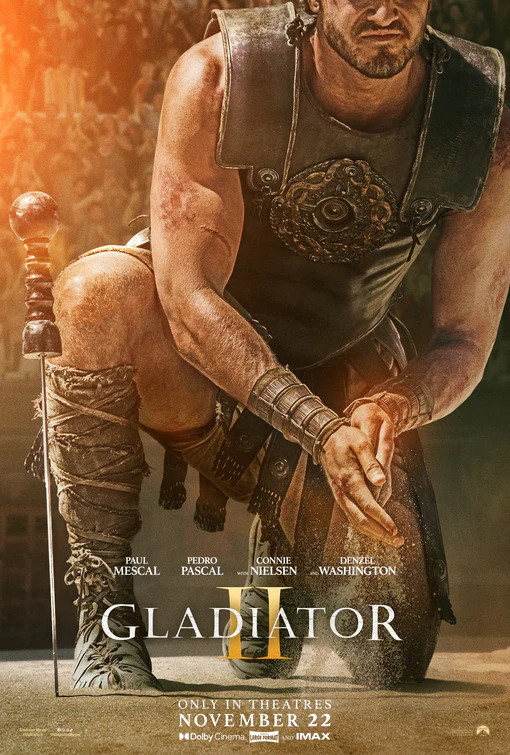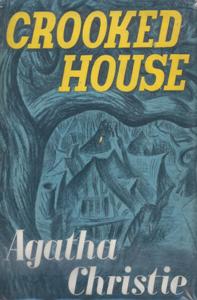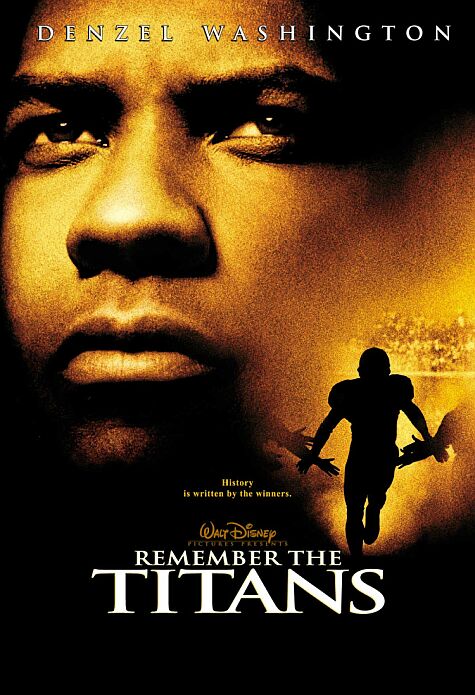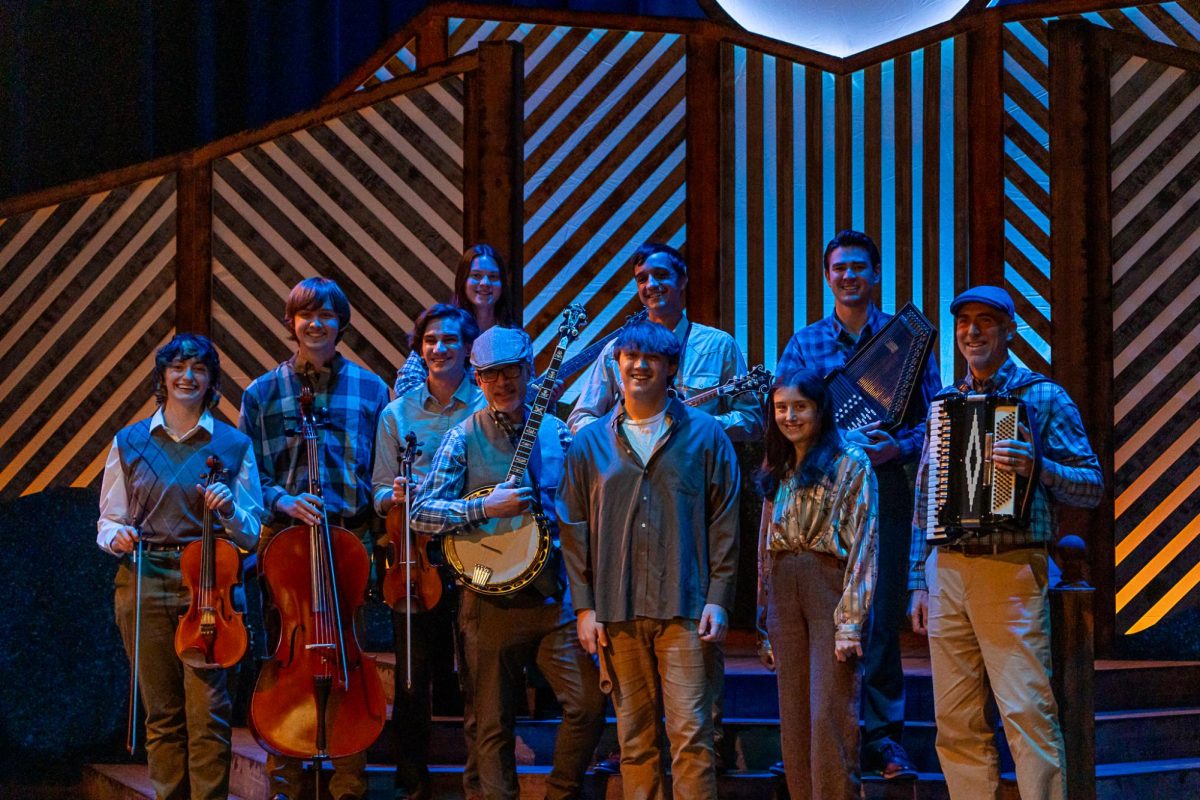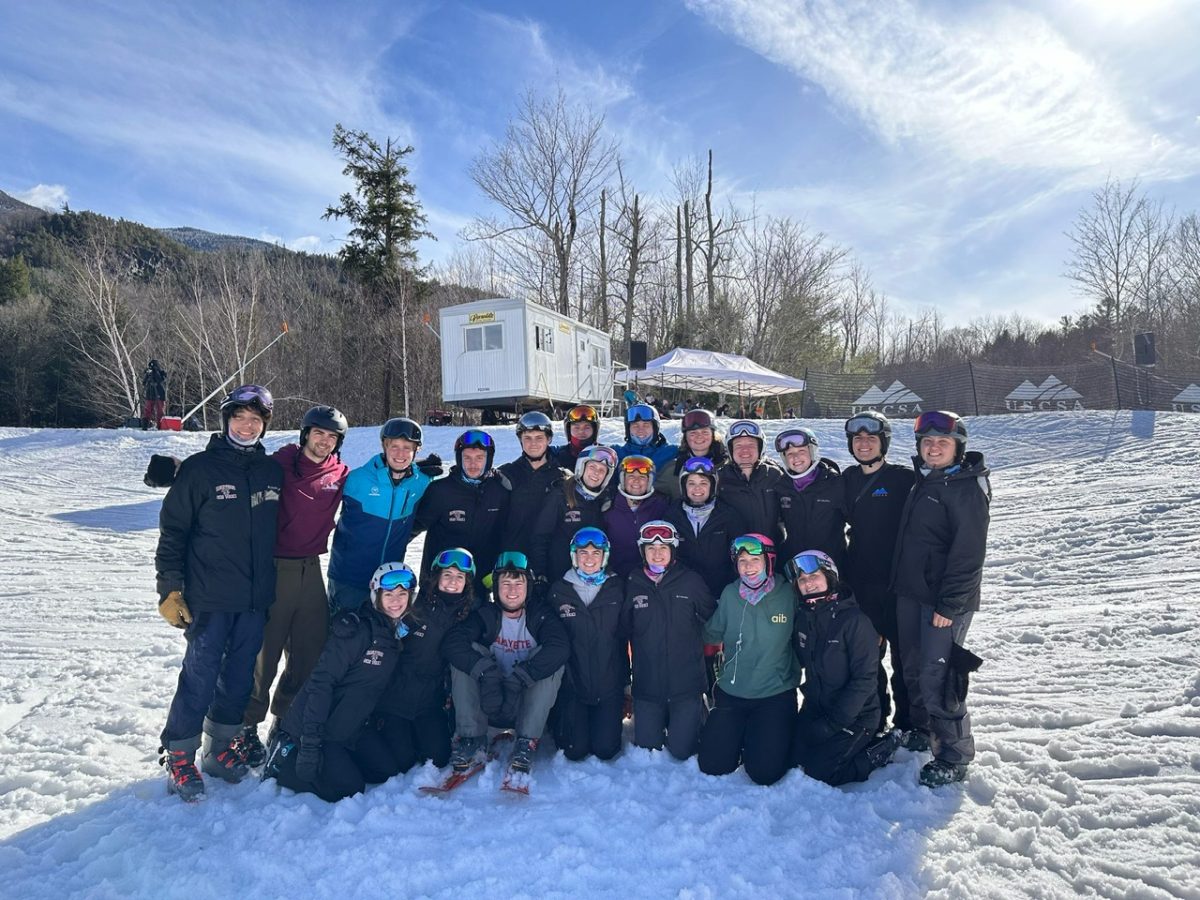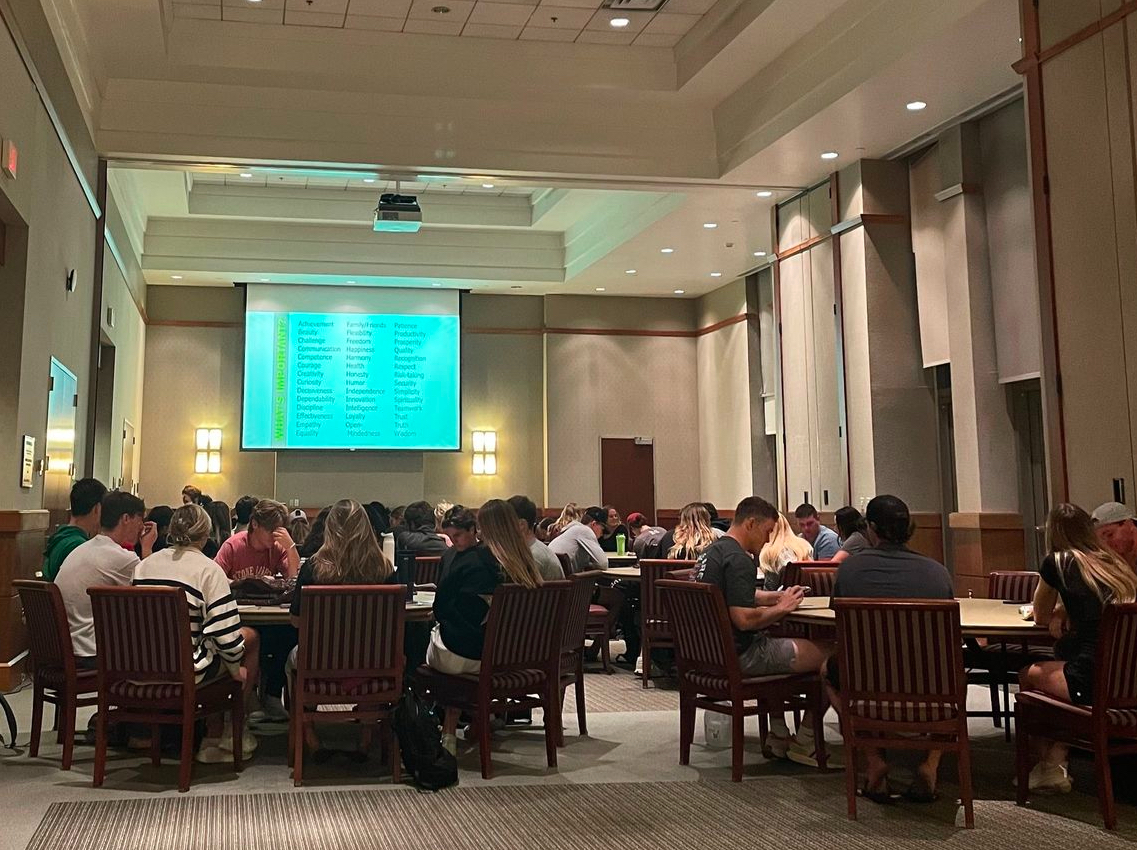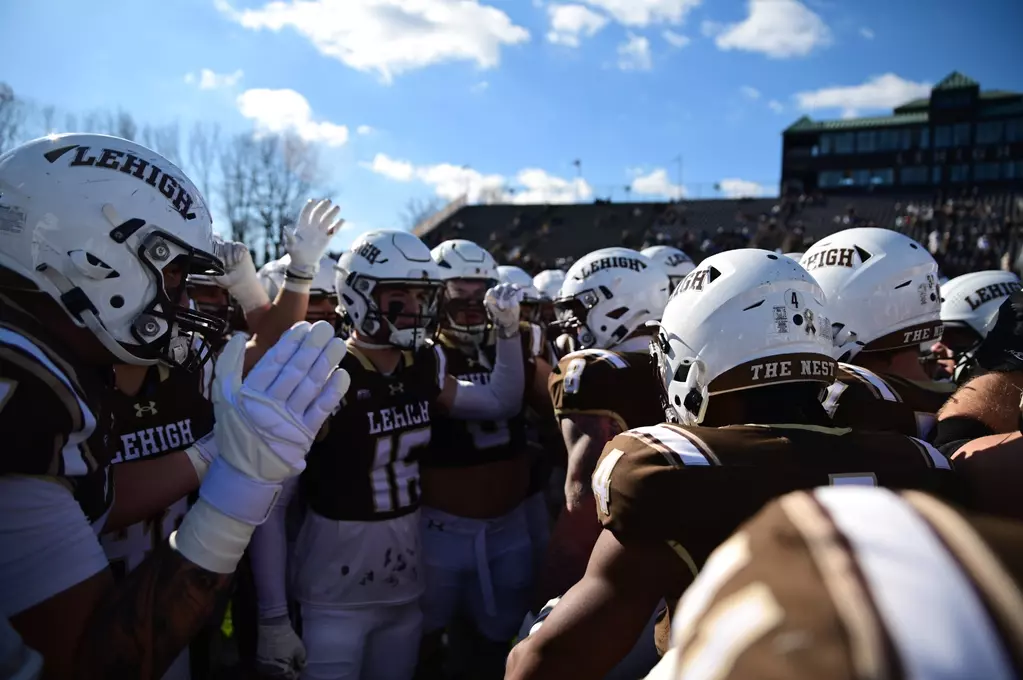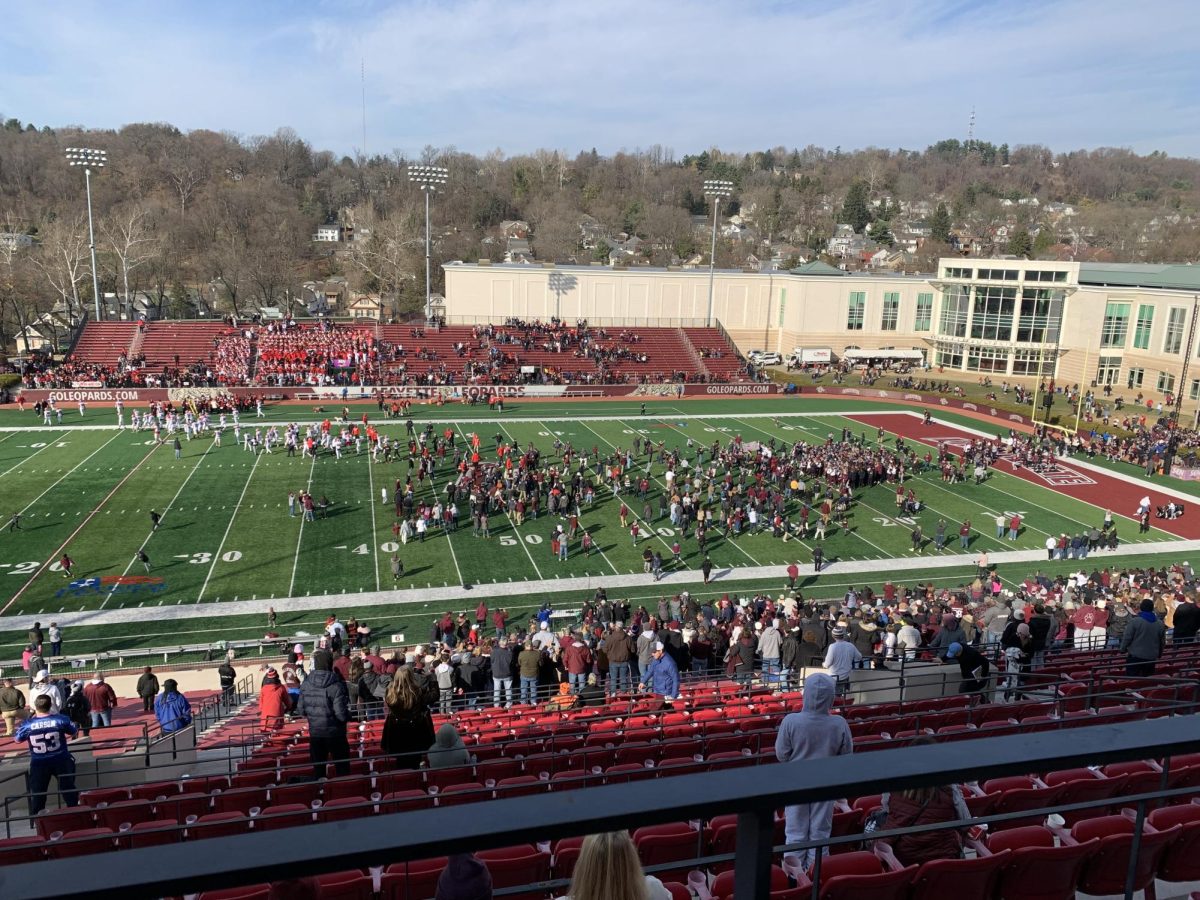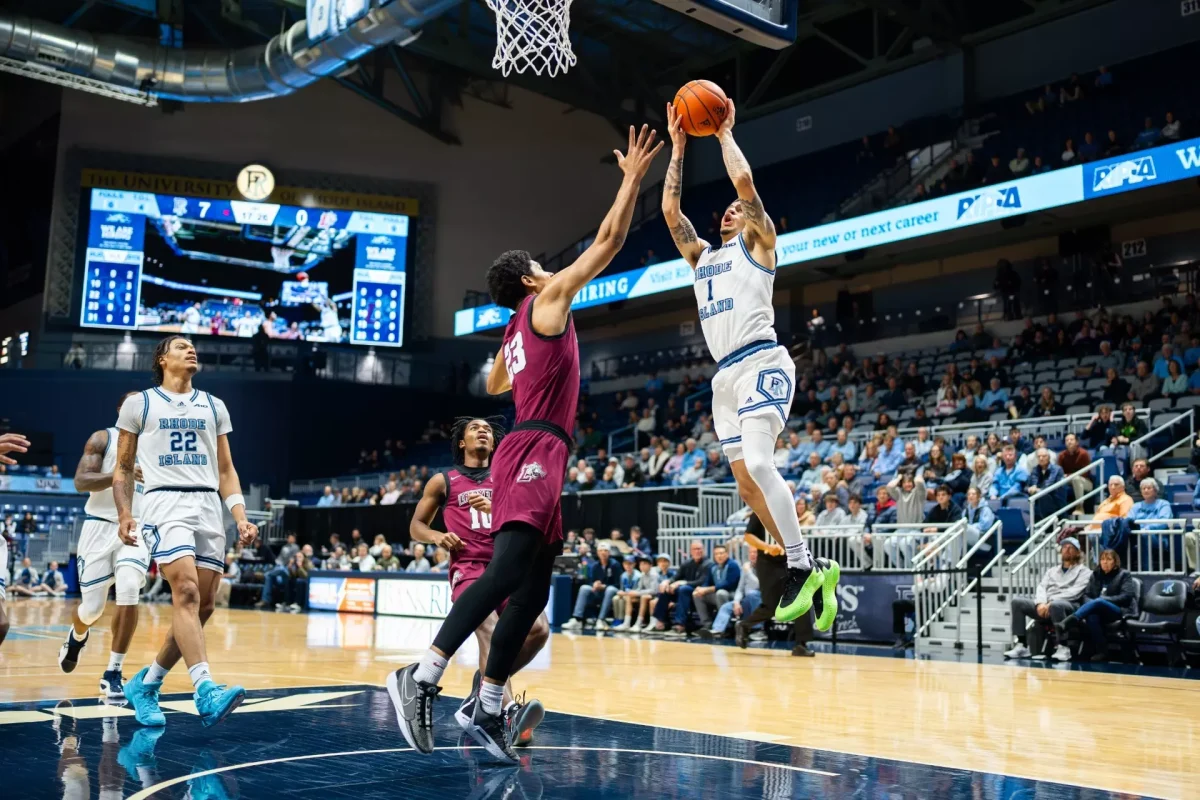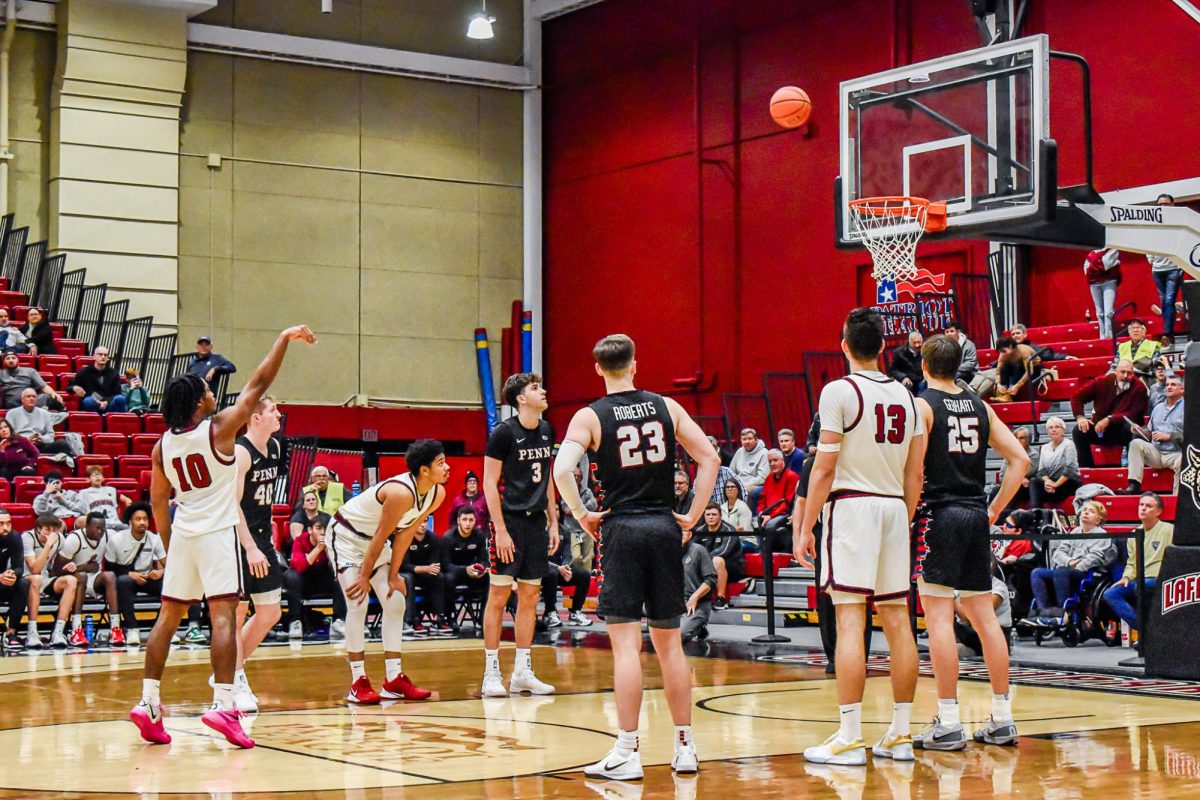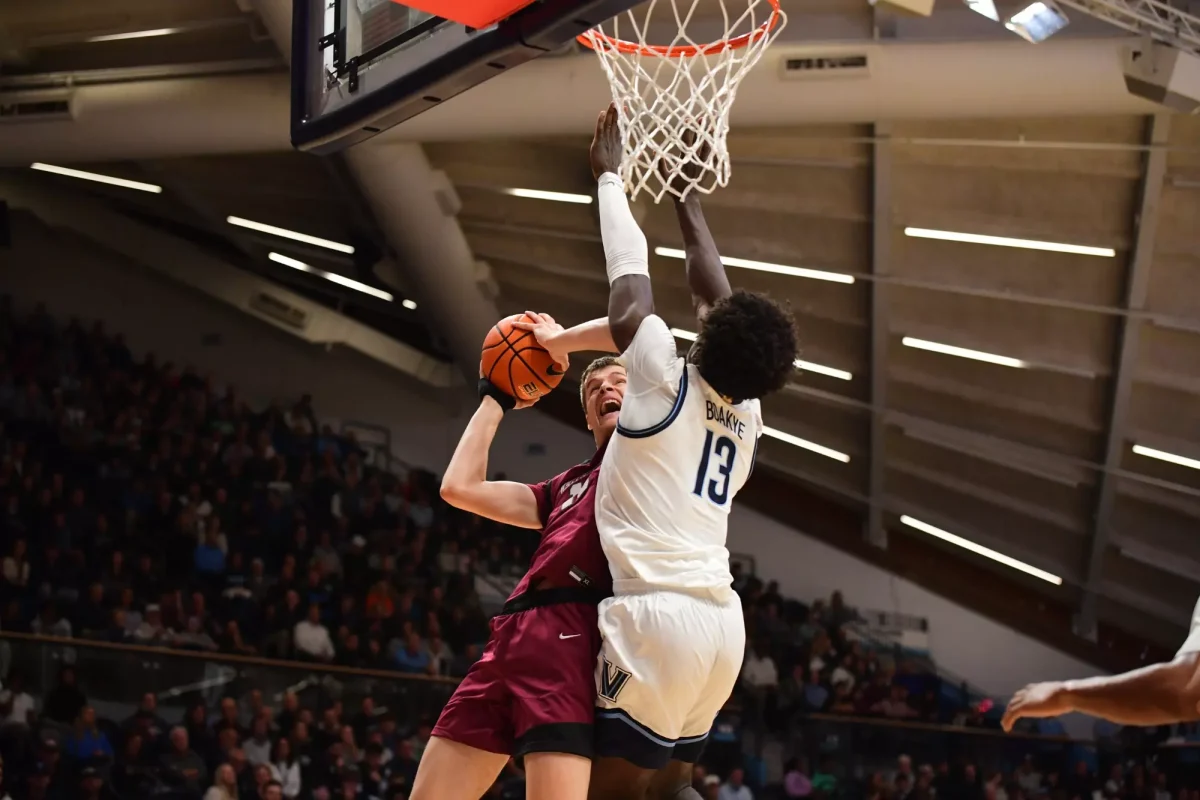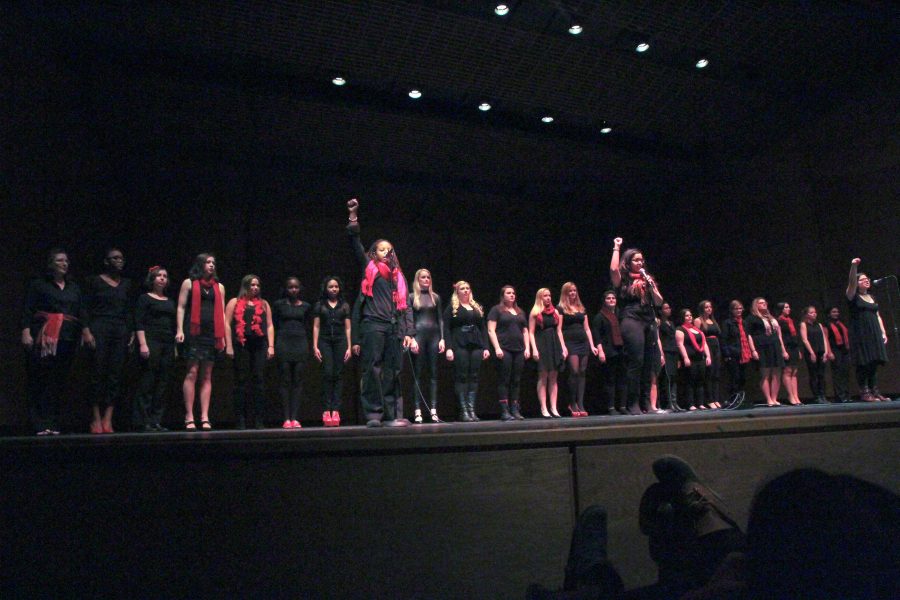Photos by Hana Isihara ‘17
I think it’s a terrible state of affairs we have found ourselves in when women are constantly being told, amongst other things, how to dress, how to ‘be beautiful’, and how to look after their private parts. Many women and girls worldwide are sold into trafficking rings, whilst many are subject to genital mutilation. Many more are abused or assaulted both in and out of home, and all women are told how they should look, and how much hair should be on their bodies (through means of mass media, peer and family pressure, cultural ‘norms’, music lyrics, film, billboards, etc.). It is an indefensible tragedy at worst and an invasive nuisance at ‘best’. I auditioned for The Vagina Monologues a few weeks before winter break with this in mind and got a part (The Vagina Workshop) which, coincidentally (?) included the following note under the title: “*English accent”. After reading that, of course, I had to take extra care to get it just right.
Eve Ensler, the talented writer of the Monologues, covers a range of topics that center around the “essence” of women: their vaginas. We actors were instructed to memorise our respective monologues and the dedicated student directors, headed by the magnificent Dean Kelly, tweaked our performances here and there until they were polished and worthy of being shown in the Williams Arts Centre. My main fear lay in the possibility of my forgetting lines onstage, so I promised myself that I would spend every spare moment practising and memorising them. During my 7-hour flight home to London, I rehearsed them over and over, keeping my voice at a reasonable volume on the family-friendly aeroplane (my monologue, albeit to a lesser degree than some of the others, included some interesting language). I recorded my lines on my phone and played them back again and again until I started to despise my voice, and then I played the lines back some more. Fast forward to February 8th and, with one dress rehearsal under our thespian belts, the cast and crew open to two lovely crowds, at 2pm and 7pm respectively. From the quick priming sessions in the quaint dressing rooms, to the nervous glances from backstage at the lit crowd, to the lovely banter between actors in the green room, to the whispered “good-lucks”‘s and “break-a-leg”‘s from well-wishers, the experience was a brilliant blend of nerves, adrenaline, and “just-do-it!” moments. The general vibe was a spunky “cur non?” but behind every confident stride onstage and every accent of red paired with our black outfits, there was a real sense that we were doing something good and worthwhile (the proceeds went to three organizations in Lehigh Valley which focus on “addressing violence against women and empowering women and girls.”)
The audiences were wonderful, laughing when appropriate and being respectful when a “not-so-happy” fact or statement was spoken. The actors gave a lot on that stage and for all of us, it was personal. The most memorable moment occurred when those in the audience and onstage were asked to stand forward if they had been affected, either directly or indirectly, by sexual assault. Every actor on stage stepped forward whilst various members in the audience stood up, namely at the 7pm showing. The scope of it all most certainly presented itself in this simple yet complex and often painful act of standing forward; each person was saying, “yes, I have been affected by this. And goodness, look how many others are, too.” For many of the standees, such an acknowledgment was a courageous statement rooted in the reclamation of dignity and a strong expression of solidarity, and I am most proud to have been a part of the production.

